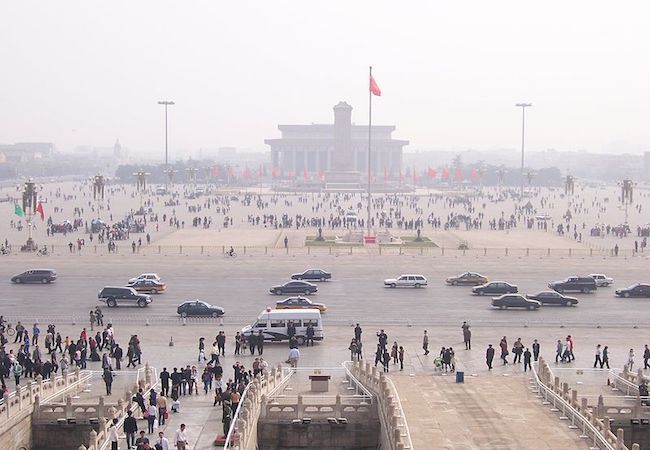
By Matthew Mai
We were supposed to be on autopilot. At least that was the thesis of Francis Fukuyama’s anticipatory 1989 essay The End of History. In his view, the 20th century had been a war between three powerful ideologies of which only one, liberalism, was left standing. Fascism and communism each had within them the seeds of their own destruction. One had been roundly defeated on the battlefield, its ideological premises vaporized. The other defeated in a war of economic and political attrition. The only alternatives to liberalism, religion and nationalism, were, historically-speaking, recipes for instability and material deprivation. In a time of unprecedented economic prosperity and democratization, it was unlikely that people would find the predominant underlying ideology dissatisfying as long as they were reminded of how much worse things could be.
Was liberalism godless? Yes, but politics wasn’t about spiritual fulfillment and the upside of its emptiness was that it virtually guaranteed fundamentalism had no place in the polity. If one recalled the brutal wars of religion that had wrecked Europe over the centuries they would recognize that theological contests tended to undermine the virtue of stability.
Did national identity still matter? Considering that farmers in rural China now had color TV’s and middle-class Iranians listened to rock n’ roll, it was far more likely that they would become more like us than we like them. The frustrations of national sovereignty, the divisiveness of borders, and countries’ pursuit of narrow interests in foreign affairs would inevitably melt away as people, capital, and culture moved more freely than ever before.
Now all that was left to do was find ways to make our interconnected world more comfortable. Was it better to have cheaper oil or cleaner air? How can we make capitalism more compassionate? Why are we still using plastic straws and grocery bags that don’t decompose?
To his credit, Fukuyama recognized the shallowness that would come at the end of our final evolution into liberalism. “The end of history will be a very sad time… In the post-historical period there will be neither art nor philosophy, just the perpetual caretaking of human history.”
Yet it is this mandate, to perpetually curate the past while translating liberal consciousness into liberal reality, that has been the source of global democratic discontent seen in the various populist movements of the last five years. Each rejected an establishment and consensus unique to its own polity but what all of them rejected was inevitability. The sense that liberalism was the best we could do just because all of the alternatives had proven to be far worse. The feeling that the kinship of family, bonds of community, and identity of the nation were barriers destined to be removed in order to further promote an ideology that secured an individual increasing political, economic, and social autonomy expressible anywhere in the world.
To be sure, not every attempt to recalibrate the liberal order has been for the better. One should hardly celebrate the anti-crime measures endorsed by Rodrigo Duterte in the Philippines or, even more distressingly, Alternative fur Deutchsland’s denouncement of perpetual German guilt for the Holocaust. There are some countries who, for historical and practical reasons, would be better off holding liberalism higher than say nationalism or religion.
However, to assert that these forces, at present a combination of populism and nationalism, have been forever neutered by liberalism’s victory and any attempts to revive them are universally dangerous or in vain ignores the human condition. For if this pandemic has confirmed anything it is that always will the ills which plagued us from the beginning, war, poverty, disease, remain.
The coronavirus has removed any doubt over the vulnerabilities of unfettered transnationalism and the ineptitude of international institutions. The former unable to ensure the integrity of vital medical supply chains, the latter meaningless in the face of a fast-moving virus where hard borders and national self-interest must rule the day. Major themes of two landmark populist exercises, Brexit and Trumpism have been vindicated in rejecting both orthodoxies.
Fukuyama may have been right that liberalism seemed like the only feasible, and enjoyable, alternative in a post-Cold War world. But to believe it was on a path of universal adoption by all nations simply by virtue of its transitivity and procedural processes took people for what they were not, which is to say nothing more than self-interested consumers. People cannot go on believing that they are simply atomized individuals, incapable of being elevated beyond the purely rational and unable to hold onto tangible ideas rooted in history, tradition, and their own unique culture.
This pandemic has confirmed that no matter how sophisticated our societies become we are not, or were ever meant to be, destined for a universalized world. What comes next no one can be sure. But one thing is certain, there is still history that has yet to be written.
Matthew Mai is a student at Rutgers University studying public policy.




